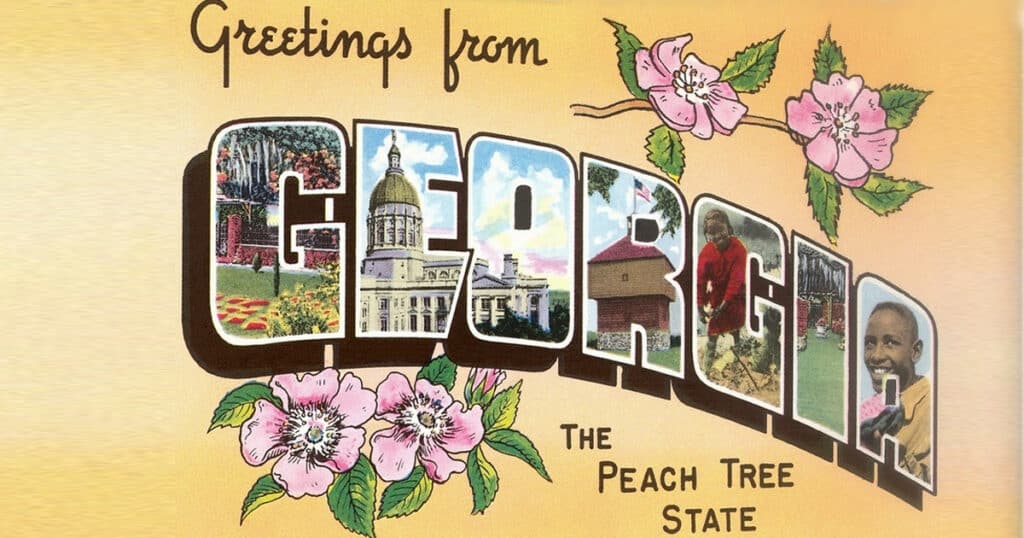
The Religious Revival among Generation Z
A few months ago, I published two articles here on RVIVR about the Pew Research Center’s Religious Landscape survey. In that article, I pointed out that the data from the Pew Research Center showed a notable decrease in the religiosity of American young adults between ages 18 to 29 years old over the past 20 years.
“Now, Pew Research also shows the data from the 2007 Religious Landscape data for 18-29 year old Americans. In the 2007 RLS, 68% of 18-29 respondents in this survey identified as Christian. Over a seventeen year span (between 2007 and 2024), there was a 23% drop in the amount of American 18-29 year olds identifying as Christian in this survey.“
While this data from Pew Research was a bit disappointing for faithful Christians, there has been a major reversal in this trend in the past year in both the United States and Europe. For instance, Church attendance in the United Kingdom has quadrupled over the past 4 years—with Bible sales roughly doubling in that time frame.
Similarly, Christian and gospel music has made a resurgence within the United States in the past year. Popular Christian singers—such as Forrest Frank, Josiah Queen, and Brandon Lake—have brought Christian music into mainstream prominence through hits songs like Brandon Lake’s “Hard Fought Hallelujah” and Forrest Frank’s “Your Way’s Better”.
Most notably, much of this rise in Christian devotion among Generation Z is occurring among young men. According to professor Dr. Ryan Burge, American men born in the year 2000 attend Church weekly than women do by roughly 2-4%. Additionally, a 2025 report from the Barna Group found that the percentage of Generation Z men in America claiming to have a personal commitment to Jesus rose from 52% in 2019 to 67% in 2025—compared to only a 7% increase for Generation Z women in the same period.
On this topic, I recently found a new YouTube video channel called Revival Maps that I highly recommend. On this channel, a young man named Ethan documents his experiences across the United States in seeing if a Christian revival is occurring with Generation Z (Americans born between 1997 and 2012).
The Gen Z religious revival is a testament to this generation’s desire for higher meaning and connection in an increasingly isolated and vapid nation. In this shift to Christianity, young American adults are proving that traditional religion and devotion still remains a powerful force in the United States and Europe.



